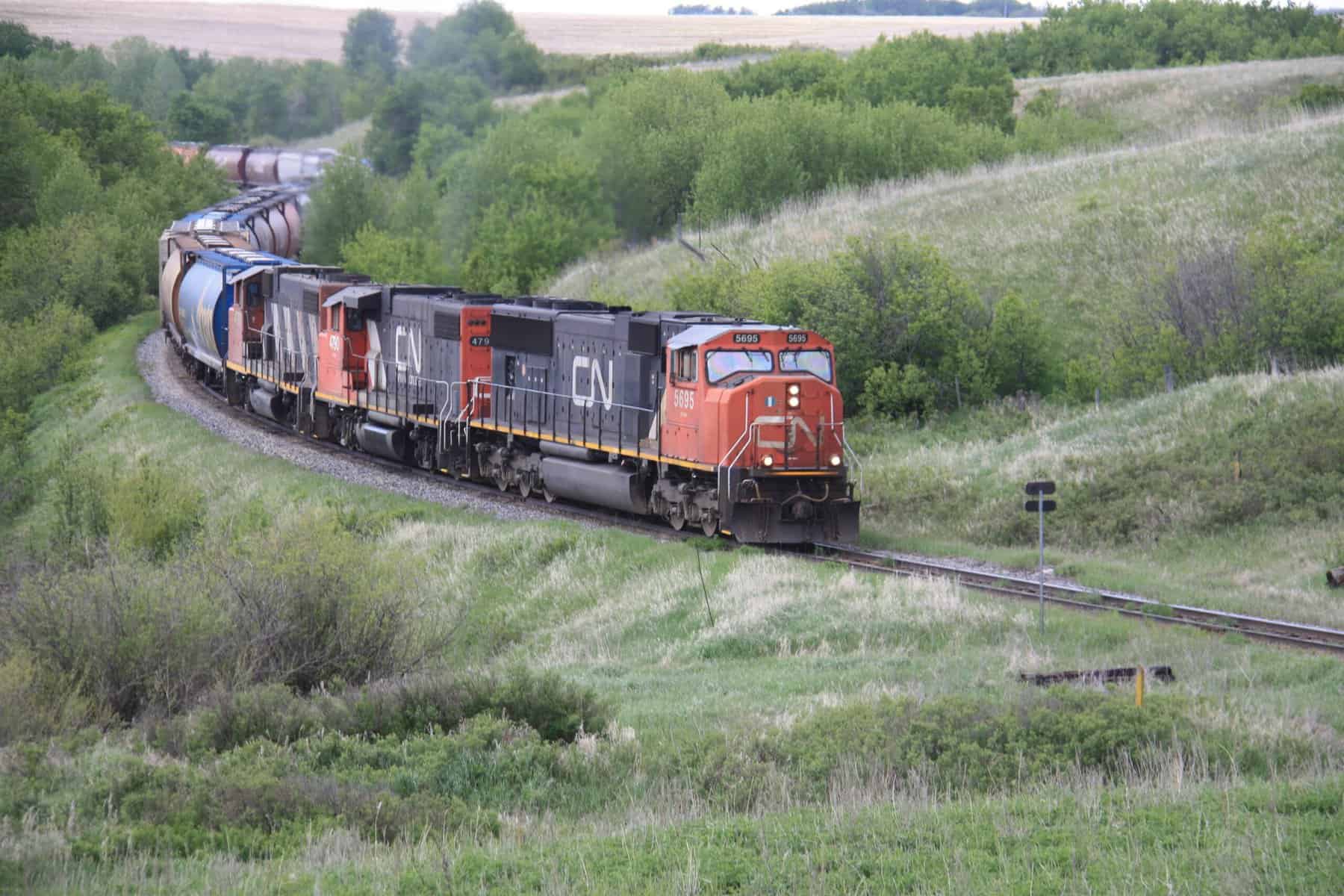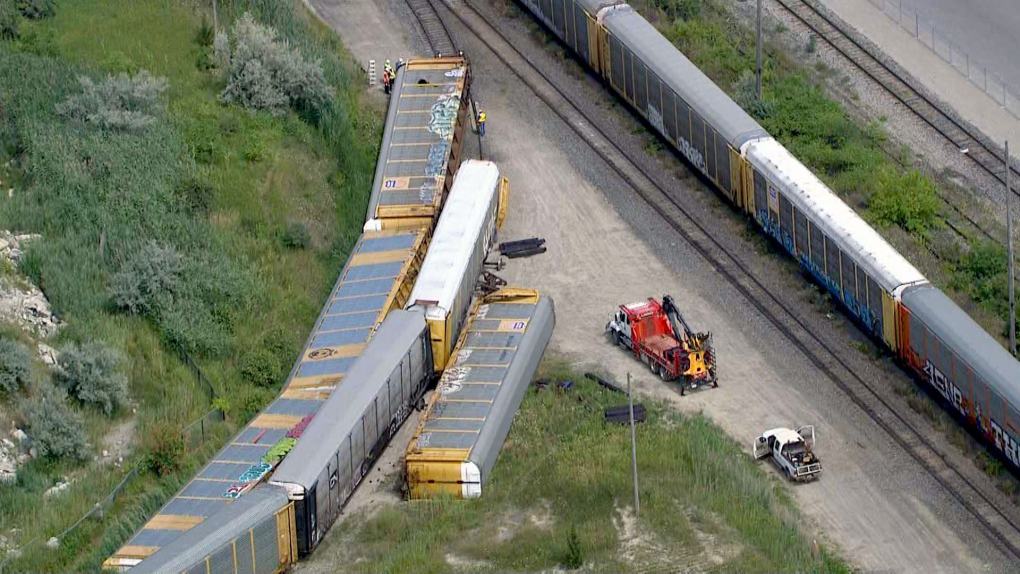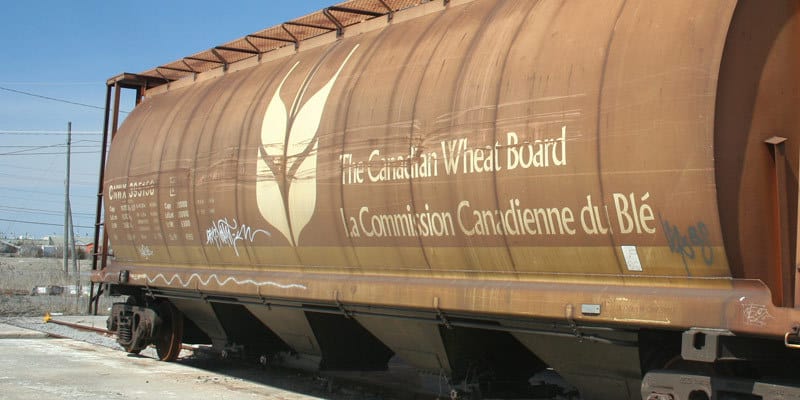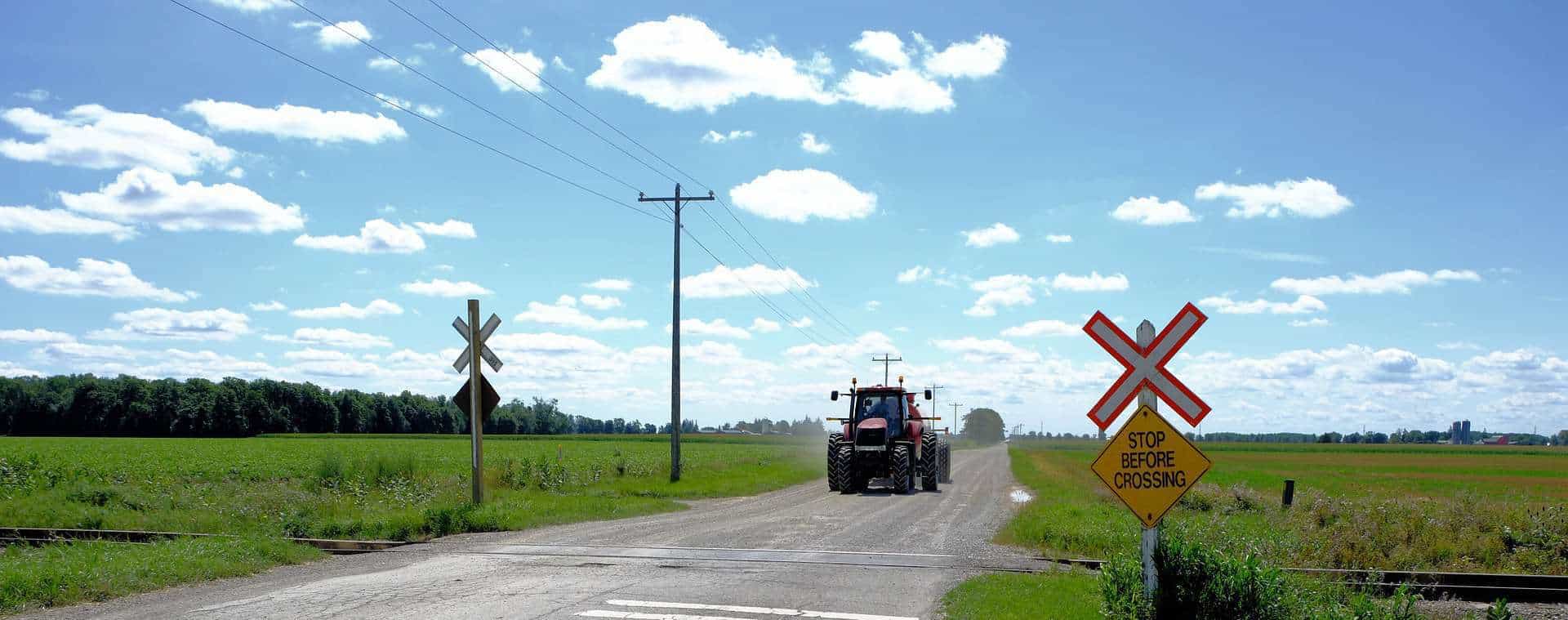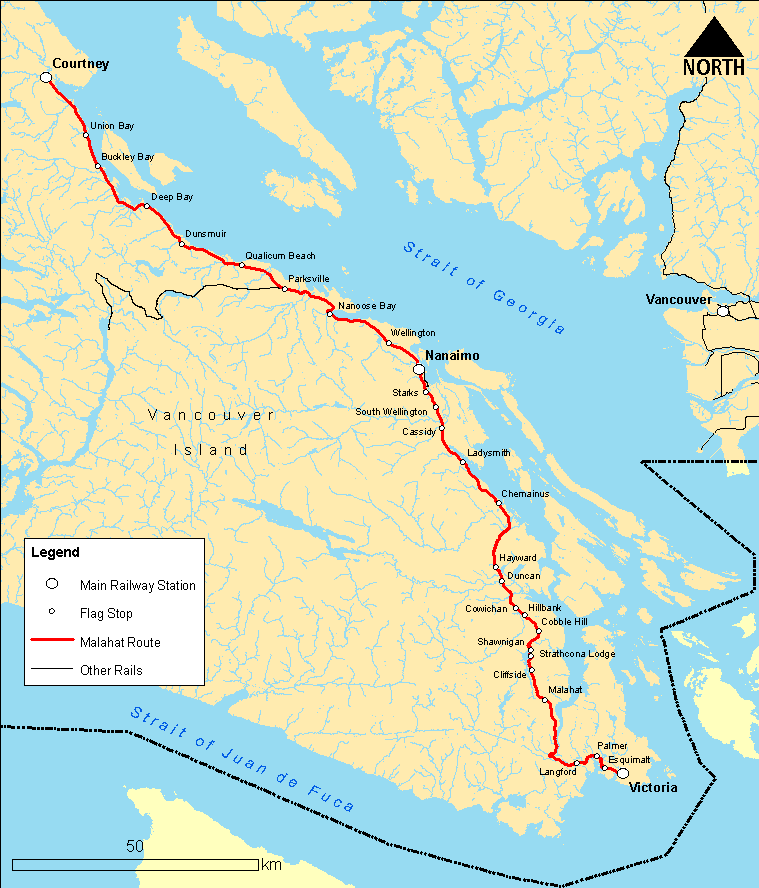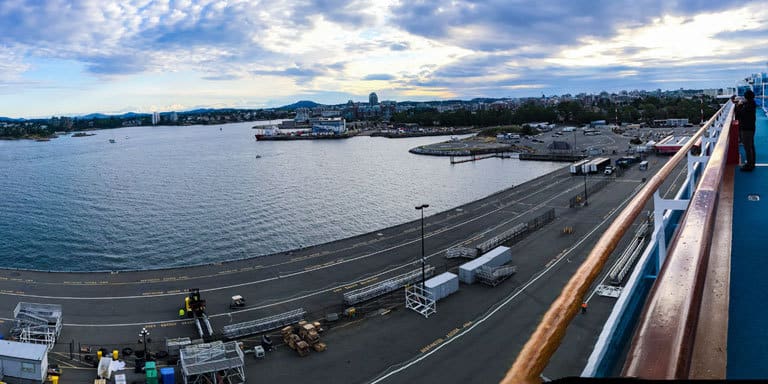
Railways
Overview
Transportation has always been a central policy issue for the NFU and its predecessor provincial unions. Moving farm products to market is an essential element in the agricultural economy, especially considering the long distances between our farms and both domestic and export markets.
How the transportation is structured and operated has a huge influence on the nature, viability and location of economic activities. The NFU works for transportation policy designed to promote the economic interests of the whole Canadian economy, including agricultural producers wherever they are located.
Modes of transportation include waterways, railways, highways, pipelines and airlines. The location and use of transport facilities should complement one another in a manner that will ensure rational development of all regions of the country, the best use of energy, capital investment in facilities, and human resources employed in the transportation industry. The NFU supports the expansion of inter-city and community public transit. The NFU recommends changes to the National Transportation Policy to explicitly recognize the need to address climate change by reducing fossil fuel use in, and greenhouse gas emissions from the transportation system. Moving more cargo and people by rail instead of on the highways should be a priority.
During the 2016 Canada Transportation Act mandatory review process the NFU asserted railways should be actively governed and regulated as vital infrastructure to serve the larger interests of Canadian society. A healthy, diverse, vibrant society will provide a wide range of economic activities in communities distributed across the country which all need to be connected to and supported by the transportation system.
